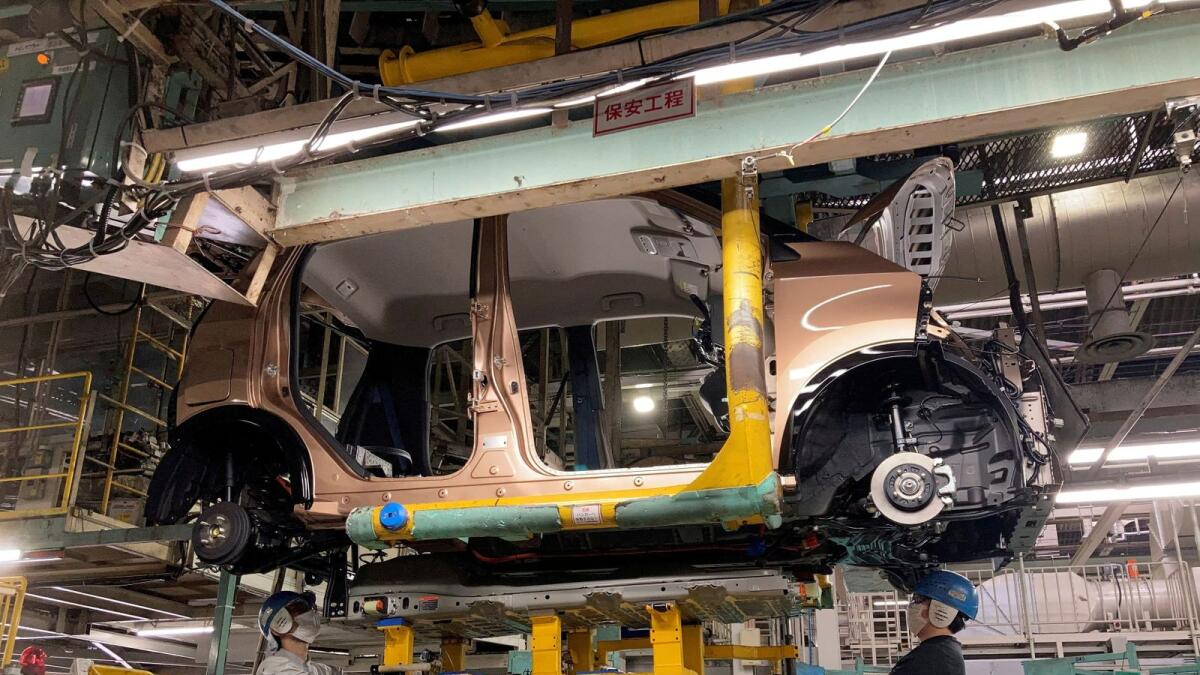Mitsubishi Motors is poised to enter an alliance with Honda Motor and Nissan Motor, according to a report by the Nikkei newspaper. The collaboration would create a tie-up between automakers with combined sales of over 8 million vehicles. The three companies intend to work together to standardise in-vehicle software that controls cars. Mitsubishi Motors, which is 34% owned by Nissan, will finalize the details of their strategic partnership with Honda and Nissan.
The push for this alliance comes as Nissan has been losing market share in key markets like the United States and China. This decline in market share led to Nissan slashing its annual outlook after heavy discounting in the U.S. impacted its first-quarter profit. Nissan and Honda had previously announced in March that they were considering a strategic partnership to collaborate on producing electric vehicle components and artificial intelligence in automotive software platforms.
Mitsubishi Motors is already part of a long-standing alliance with Nissan and France’s Renault, which they agreed to restructure last year. The goal is to create a downsized but more practical and agile partnership. Joining forces with Nissan and Honda could help Japan’s automakers cut costs and compete more effectively in the electric vehicle market, which is currently dominated by companies like China’s BYD and Tesla. In China, Japanese brands face tough competition from domestic automakers who have rapidly increased production and attracted consumers with affordable vehicles.
While Mitsubishi Motors has not officially commented on the report, a Nissan spokesperson stated that the report was not based on any announcements made by the companies involved. Honda did not provide a comment when contacted. This potential alliance between Mitsubishi Motors, Nissan, and Honda signals a shift in the automotive industry as companies seek to collaborate and innovate in response to challenges and changes in the market. By working together on in-vehicle software and electric vehicle platforms, the three automakers could benefit from shared resources and expertise to stay competitive in the evolving industry landscape.











